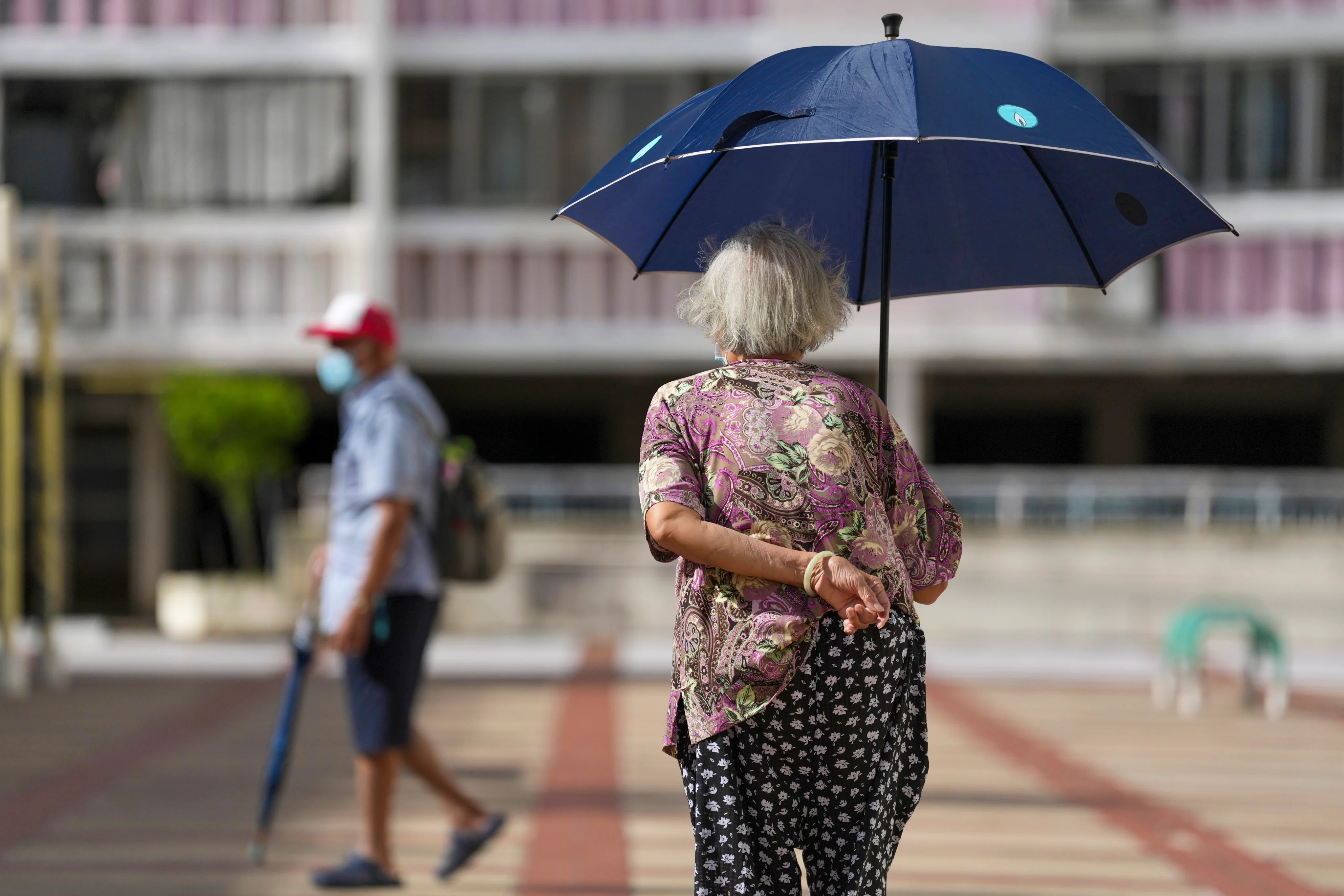By Danielle Popov
Copyright scmp

More than 70 per cent of Hongkongers fear running out of savings when they retire, while 50 per cent say they do not have a clear retirement plan, according to a recent McKinsey survey in the city, where 22 per cent of residents are over 65.
The survey found only 16 per cent of those aged from 55 to 65 and 23 per cent of those over 65 had set aside assets of more than HK$10 million (US$1.3 million) for retirement, despite financial institutions’ suggestions to have a portfolio worth HK$20 million when they retire.
The respondents cited a lack of knowledge, urgency and other pressing financial obligations for not adequately preparing for retirement, according to McKinsey.
The survey revealed “critical gaps that can be addressed by financial advisers and insurance professionals”, said Bernhard Kotanko, a senior partner at McKinsey Hong Kong.
Hong Kong has one of the longest life expectancies in the world, revealing an unprecedented phenomenon: people are living longer than ever, but the city’s financial services for retirement preparation are relatively “nascent”, according to Kotanko.
Existing conversations about retirement from financial advisers “could be better”, he said. “Advisers aren’t really equipped to have those conversations, while their empathy and advice sophistication could be better.”
The survey reflected the urgency of addressing the needs of the city’s ageing population, even as a growing number of financial institutions have raced to offer retirement solutions for people to have a regular income after they retire.
Hong Kong last year officially became a “super-aged society” – a designation by the World Health Organization for places where more than 20 per cent of the population is aged 65 or older.
By 2050, the United Nations agency predicted that figure would climb to 40.6 per cent, giving Hong Kong the world’s highest proportion of people over 65, ahead of South Korea and Japan.
The McKinsey survey, conducted in July this year, explored the retirement planning, needs and challenges of 1,245 Hong Kong residents. These respondents were aged over 35, with household liquid financial assets of more than HK$200,000.
According to the survey, two-thirds of the respondents expected to retire between the ages of 55 and 65, while 20 per cent anticipated working beyond 65. Forty per cent of respondents said they lacked confidence that their financial investments would reach their financial goals.
“By promoting a proactive approach to planning and care, we can empower our silver generation to thrive with confidence and security,” Kotanko said.
The survey found 37 per cent of respondents lacked access to professional advisers, with 32 per cent indicating that retirement planning tools were too complex.
Still, 51 per cent of those surveyed said they trusted professional advisers like bank relationship managers the most.
The survey also found that 86 per cent of respondents preferred to live at home when they retire. Those aged above 65 were also willing to pay 10 to 20 per cent more for medical technology solutions – including telemedicine, online consultations, wearable health devices and smart support systems – compared to younger Hongkongers.
Close to 30 per cent of seniors were also willing to spend HK$10,000 per month on lifestyle items, while 25 per cent of respondents were willing to spend from HK$3,000 to HK$10,000 per month on the same items.
“The industry must prioritise transparency, personalisation and innovation – from delivering lifelong income strategies to home-based care – to address longevity risks,” said Arthur Shek, managing partner at McKinsey Hong Kong.



